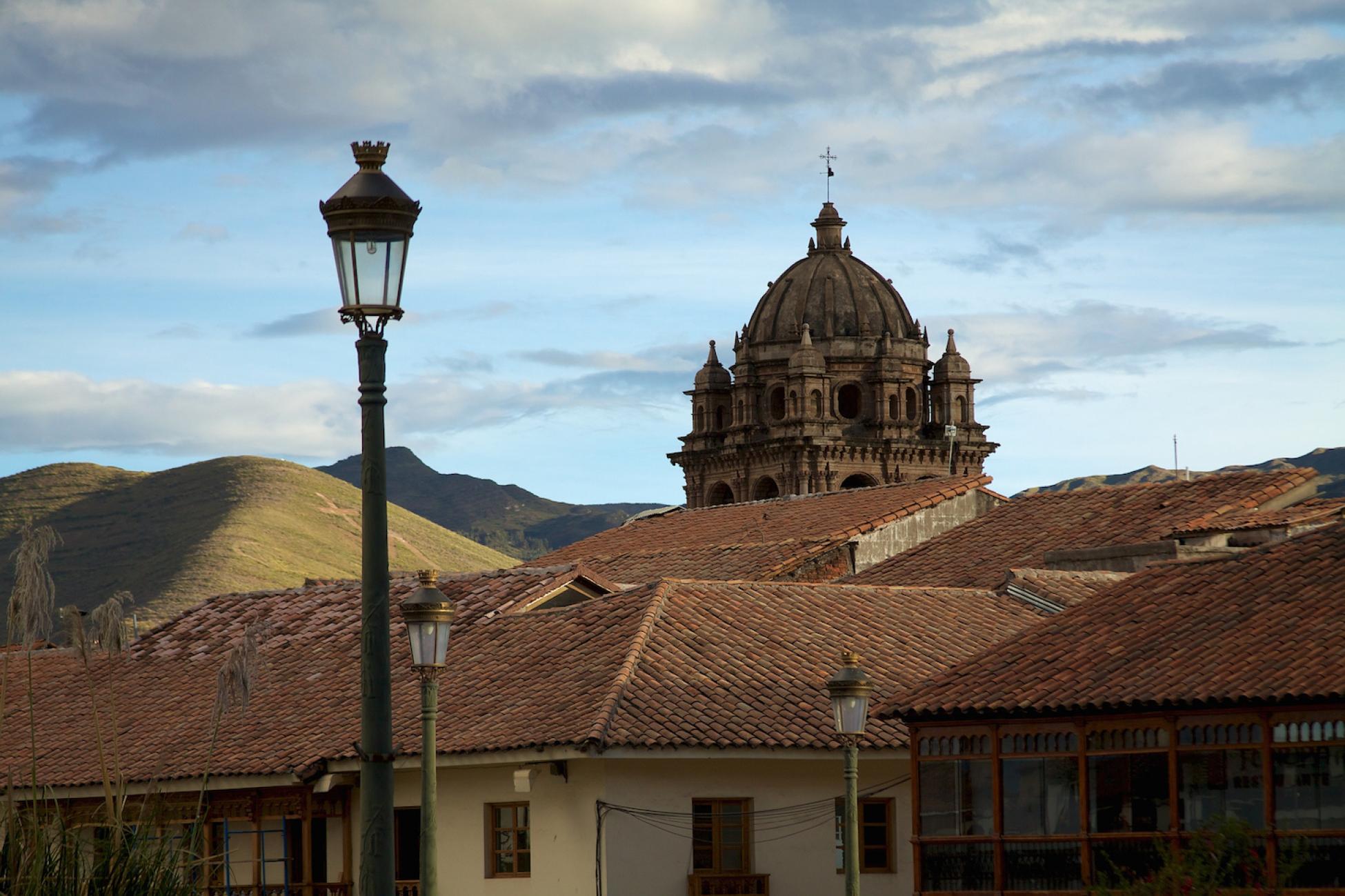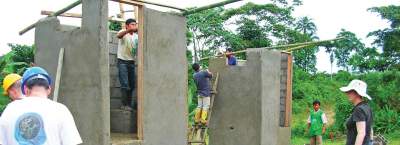I’m a strong advocate of slow travel and long stints of volunteering, moving from being a camera-wielding spectator to becoming a participant in the action. A year ago, I quit my job in the UK and decided that I would do just that, full-time.
Following 11 months of volunteering and travelling extensively throughout Bolivia, two weeks ago I arrived in Cusco, Peru to join the UK-registered charity, Latin American Foundation for the Future (LAFF) as a volunteer. My first task was to deliver a workshop to the young people of Azul Wasi, a children’s home located on the outskirts of the city.
Back in the UK I was an English teacher, and the workshop in Azul Wasi fit neatly into my expertise: reading comprehension. The only issue was that the session would be taught entirely in Spanish.
When travelling, our experiences of new countries and cultures become reduced to photographs of stunning scenery and mere short interactions with local people.
I’m no newcomer to speaking in a foreign language, having spent my time in Bolivia struggling with conjugations, the subjunctive and other peculiarities of the Spanish language. However, trying to retain the attention of eight young people in a different tongue is definitely a challenge.
Despite this, with my stumbling Spanish—and my colleagues’ greater linguistic prowess—we persuaded the teenagers to take a seat, a pencil and lend us their ear for an hour as we studied a crime story. They started to read; some more hesitantly and laboriously than others, but as we persevered, all began to sink comfortably into the story, their ears and minds captivated by the events that unravelled from the page.
Suddenly all attention was focused on the writing, and any thoughts, worries and problems that the young people were facing melted away for that short instant of complete involvement.
As I looked around that tiny room with its mismatched furniture, marker-stained whiteboard and most importantly, assembled young people, it reminded me so powerfully of my own classroom in the UK. I was no longer the spectator I had been for the past few months of travel, but instead I was becoming “Miss Dyson” again. It was good to once more feel a part of something and to feel the victory of having succeeded in engaging those young people, despite my faltering Spanish.
My experiences of volunteering so far—both here in Cusco and in Bolivia—have shown me how it can completely alter the way that you approach travel. Don’t get me wrong—travel is one of the most life-changing and eye-opening experiences that you will ever have and I know that I will never forget the four days I spent living on a cargo boat heading into the Amazon jungle, nor the sunrise that I watched from a flooded Salar de Uyuni. But deciding that you have the time to stay in one place and offer your skills, or even just your enthusiasm and passion, can often give you so much more than a fleeting few days admiring, but not truly discovering, a new place.
The chance to become a part of something again was one of the reasons I chose to volunteer with LAFF, an organization that supports local education projects. Some are children’s homes, and others are places where young people from rural areas can live, meaning they can more easily attend school in the local town. All of them are based in and around Cusco and the nearby Sacred Valley, a mere stone’s throw from Machu Picchu.
Although many tourists visit Cusco, few see the work that charitable organizations are doing to support education and disadvantage in Peru. This is because sometimes when travelling, our experiences of new countries and cultures become reduced to photographs of stunning scenery and mere short interactions with local people.
My experiences of volunteering so far—both here in Cusco and in Bolivia—have shown me how it can completely alter the way that you approach travel. For places such as Cusco—where South American and European cultures blend effortlessly on the tourist-swollen streets of the Plaza de Armas—it is easy to forget the poverty and hardship faced by families and children across the country.
For example, it is estimated that 570,000 orphans live on the streets in Peru, which is why the financial and educational support that LAFF offers to Azul Wasi is so important. Given that state-funded orphanages can house as many as 1,000 children in one location, Azul Wasi is a very different story.
Set amongst verdant fields and eucalyptus, it challenges any preconceived ideas you may have. As you pass into its enormous grassy courtyard, you are struck by an immediate feeling of liberation. It is a rural paradise, where dogs snooze on the grass, chickens and goslings roam free and the resident parrot, Laura, keeps sentry over the grounds.
The buildings themselves are well-tended and painted with murals. There is also a clean and spacious dining room, and cozy seating area where workshops are held. Many of the children come from very complex and disadvantaged backgrounds and, although some appear small for their age, are happy and friendly. The welcome you warmly with hugs and “Cómo estás amiga?” (“How are you, friend?”)
Reflecting on that first visit to Azul Wasi has reminded me how devoting time to volunteer can alter your different perspective on a new location, and on travelling itself. It offers you the chance to experience deeper, more prolonged interactions, while learning extensively too, as you overcome challenges in new languages and contexts.
I’m excited that over the next five months I will have the honour of meeting many more of LAFF’s young beneficiaries, and feeling that I’m contributing in some small way to them achieve their ambitions and overcoming any hardships.
With the children of Azul Wasi in particular, I look forward to that moment of pure, comforting immersion the next time that we read together.
Add this article to your reading list




